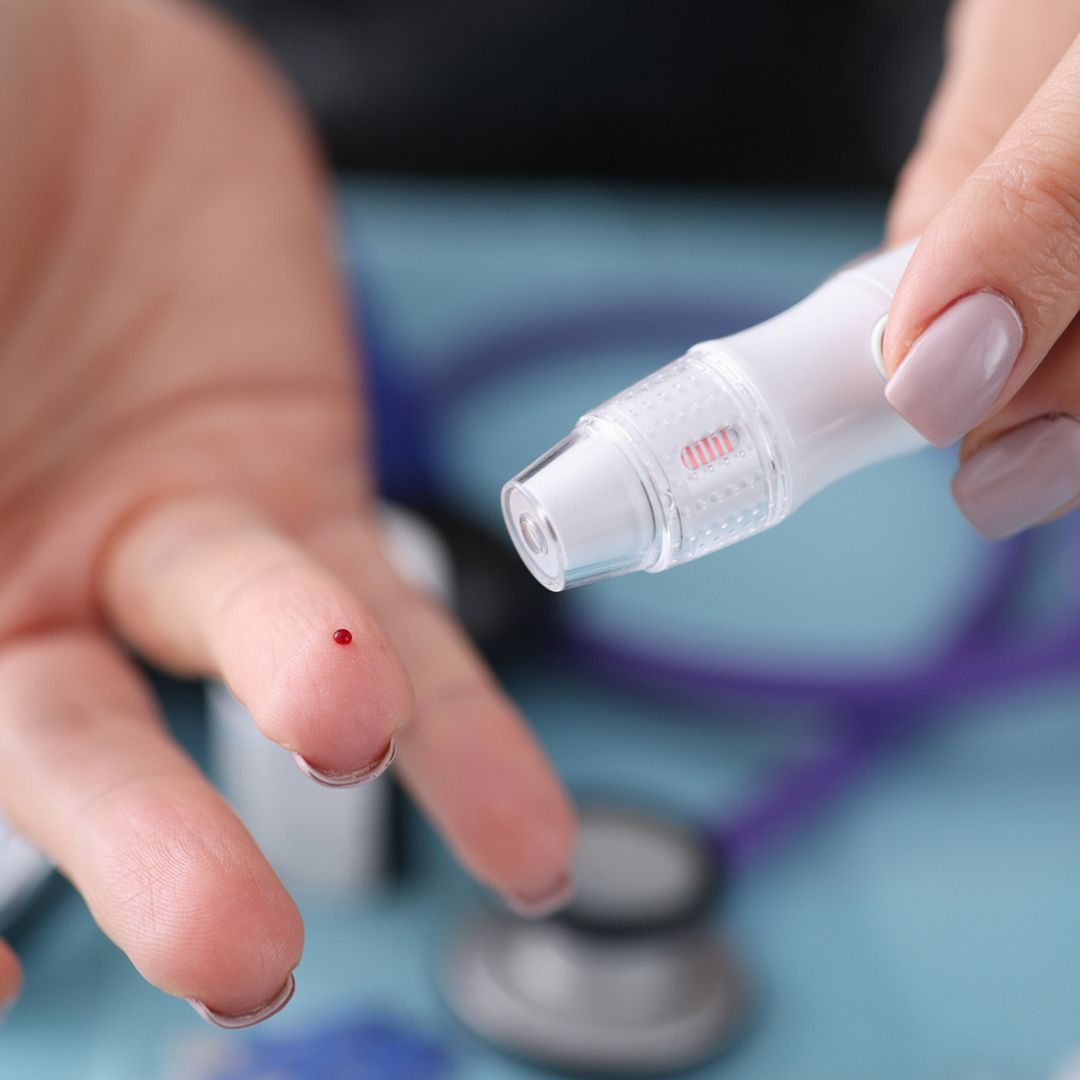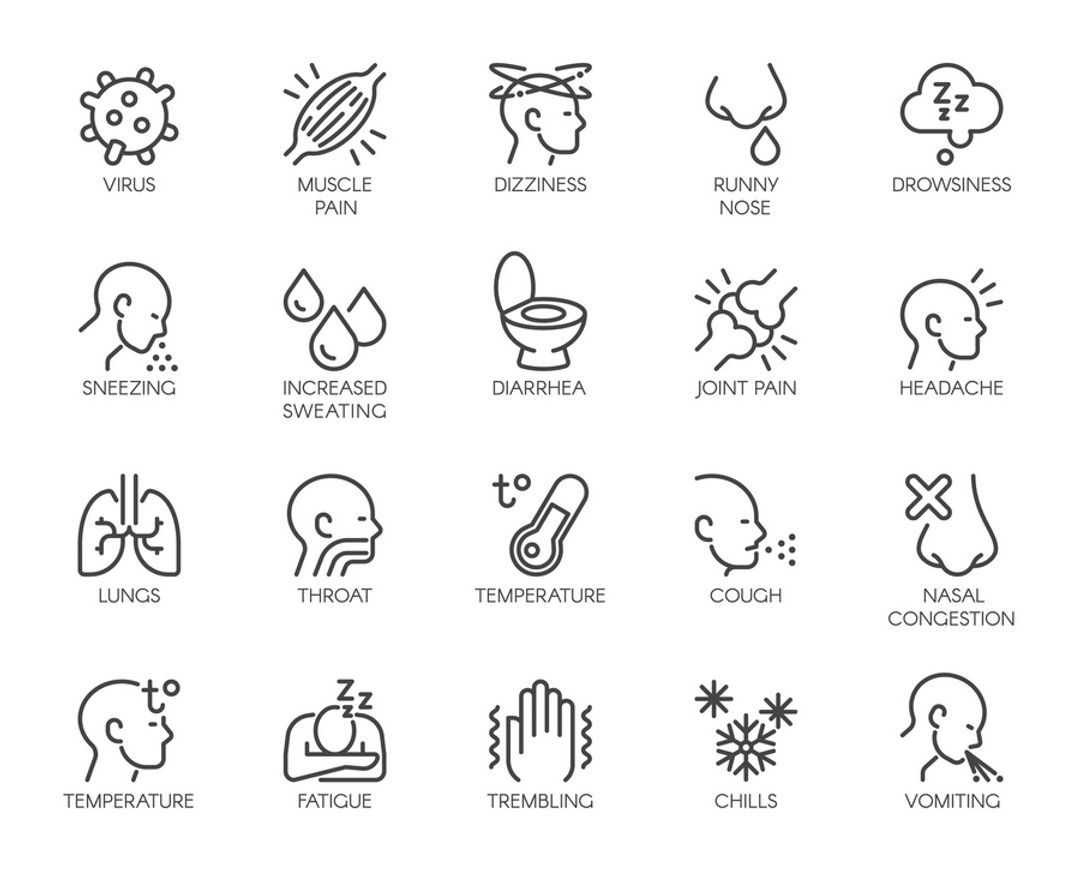White Blood Cell Count Test: What You Need To Know

A white blood cell (WBC) test effectively determines if your blood falls within a healthy white cell count range. Keep reading to learn more about the benefits of taking a WBC blood test, how it works, and where you can get tested.
White blood cells, also known as leucocytes, are immune cells produced in the bone marrow and are present around the entire body as part of your blood. There are five different types of white blood cells, namely, neutrophils, lymphocytes, monocytes, eosinophils, and basophils, with each one having a distinct function.
Together, these microscopic particles play a crucial role in the immune system’s response to fighting disease and protecting the body from harmful pathogens. However, 6.9% of the tested UK population have a white blood cell count that is too high, and 0.7% have a count that is too low, indicating inflammation or disease, among other things [1].
A white blood cell (WBC) test effectively determines if your blood falls within a healthy white cell count range. Keep reading to learn more about the benefits of taking a WBC blood test, how it works, and where you can get tested.
What Is A White Blood Cell Count (WBC) Blood Test?
A WBC blood test, also called a leucocyte test, is usually included as part of a full blood count (FBC) test to measure the number of white blood cells in your body. Normal levels of WBC typically fall between 4,000 and 11,000 microlitres, although factors like age and sex can influence this range.
 During illness or disease, the body produces higher amounts of white blood cells to fight the organisms causing the infection. Once these pathogens have been destroyed, WBC levels return to normal.
During illness or disease, the body produces higher amounts of white blood cells to fight the organisms causing the infection. Once these pathogens have been destroyed, WBC levels return to normal.
A WBC test measures your total white blood count levels to help identify the presence of any underlying illness or disease, monitor the development of existing conditions, or assess the body’s response to various medical treatments such as chemotherapy and immune-suppressing drugs.
High levels of white blood cells (leucocytosis) indicate inflammation, bacterial infections, surgical removal of the spleen, or leukaemia. In contrast, reduced white blood cell count levels (leucopenia) may result from certain medications, a bone marrow disorder, vitamin deficiencies, HIV, or liver disease.
If results show abnormal levels of white blood cells, you will need additional testing to determine the root cause.
How Does A WBC Blood Test Work?
 You can check your WBC levels in the convenience and privacy of your home with an at-home white blood cell test kit. The kit comprises a collection tube, a lancet (a fine needle), disinfectant wipes, a set of instructions, and a return envelope.
You can check your WBC levels in the convenience and privacy of your home with an at-home white blood cell test kit. The kit comprises a collection tube, a lancet (a fine needle), disinfectant wipes, a set of instructions, and a return envelope.
The procedure involves pricking your finger with the lancet to draw a few drops of blood and depositing the necessary amount into the collection tube. You then secure the lid, place it in the return envelope, and mail the sample to the lab. When you receive your results depends on the company you purchased the testing kit from; this can take anywhere between 24 hours and three days.
Why Is A White Blood Cell Test Important?
If you are concerned about your immune levels or simply want to check your WBC levels as part of a broad health check, a good place to start is with a WBC testing kit. The test can detect hidden infections within your body, alert doctors to undiagnosed medical conditions, and help them monitor the effectiveness of treatments for cancer and autoimmune conditions.
Suppose you are exhibiting certain symptoms or generally feeling unwell or lethargic and have not established the underlying issue. In that case, a WBC test is an effective way to determine your overall state of health, provide vital insights on areas of concern and subsequently take the appropriate course of action.
Who Should Take A White Blood Cell Blood Test?
A WBC test is advised for people who:
- Exhibit symptoms of cancer
- Suspect they have a viral or bacterial infection
- Want to get tested as part of a routine health check
- Want to continually monitor chronic health issues that affect their white blood cell count
- Receive medical treatment that affects their immune system response or WBC levels
Certain signs indicate abnormal WBC levels, which may prompt your doctor to have you tested. Common symptoms of high or low WBC include:
- Excessive fatigue or weakness
- Weight loss
- Vomiting
- Diarrhoea
- Fever
- Unexpected bleeding or bruising
- Persistent coughing
- Muscular aches and pains
- Allergies (including anaphylaxis)
- Inflammation (including pain, heat, redness, and swelling)
Where Can I Get A WBC Test?
You can request a white blood cell count test from your doctor or healthcare professional at your GP surgery, walk-in clinic, or hospital. These tests are usually free of charge on the NHS as part of a complete blood check.
 A WBC test is also available to purchase online to be conducted at home before mailing your sample to an accredited laboratory for testing. The WBC test can either be purchased on its own or as part of a full blood count test, which also checks for haemoglobin, red cell count, and platelet count.
A WBC test is also available to purchase online to be conducted at home before mailing your sample to an accredited laboratory for testing. The WBC test can either be purchased on its own or as part of a full blood count test, which also checks for haemoglobin, red cell count, and platelet count.
The Vitall full blood count test is an affordable option that includes extras such as next-day delivery and immediate analysis by a qualified healthcare professional at an additional cost.
The Better2Know full blood count test has a turnaround time of 24 hours for those who want their results rapidly.
Alternatively, the Vitality health test by Forth With Life offers a comprehensive blood test that provides insights into bone health, heart, liver and thyroid function, energy levels, nutrition, immune health and hormones.
Take Control Of Your Health With A GlycanAge Test
While blood count tests are an excellent indicator of your general health and provide important clues about certain health problems; such tests can only identify issues once they have already manifested in the body.
Moreover, we often experience troublesome symptoms long after a condition has progressed to its problematic stages. At this point, appropriate treatments can take longer to produce results and may come with harsh side effects.
GlycanAge’s biological age test analyses the number of glycans present in your body to effectively assess your immune system health and preempt disease and illness long before they develop. With this powerful and objective feedback, you can then adopt the necessary changes to your lifestyle to reverse your biological age, thereby minimising age-related health risks and increasing vitality and longevity as you get older.

The scientifically-backed technology can have a truly beneficial impact on your health; all it requires is a finger prick blood sample to determine your true biological age (how old your body is in physiological terms) in as little as three weeks.
A team of qualified healthcare professionals and scientists will present you with a personalised report that helps you understand the full extent of damage your body has accumulated throughout your life and a detailed action plan to slow and reverse your biological age clock.
There are various price points and packages for every customer, no matter your budget or where you are on your wellness journey. Take advantage of our affordable price plans and additional discounts and order your GlycanAge biological age test today.
References



